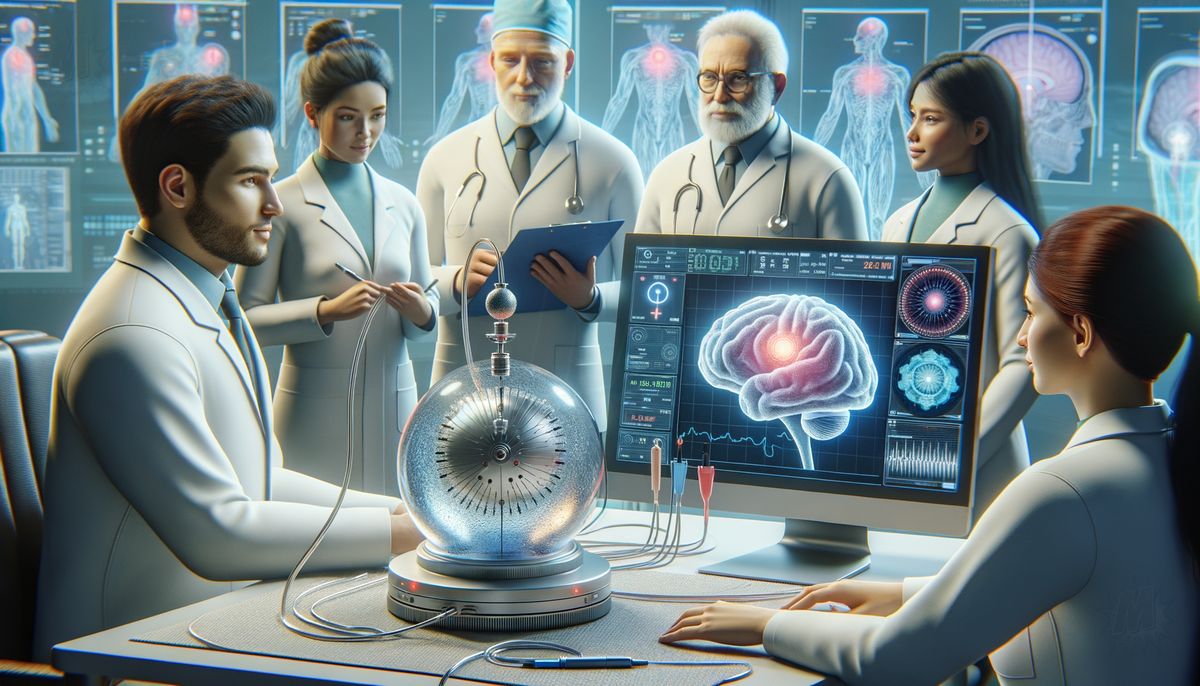Self-Adjusting Brain Pacemaker Eases Parkinson's Symptoms

Researchers from the University of California, San Francisco (UCSF) and the National Institutes of Health (NIH) BRAIN Initiative have developed a new treatment for Parkinson's disease called adaptive deep brain stimulation (aDBS). This treatment involves an implantable device that uses artificial intelligence (AI) to monitor brain activity and deliver personalized electrical stimulation based on individual symptoms. This approach has shown promising results, cutting the time patients experience their most bothersome symptoms by 50% compared to traditional DBS, which provides continuous, non-personalized stimulation.
The device works by creating a "closed loop" system, continuously adjusting stimulation levels in real time based on the patient's brain activity. This method not only helps in managing motor symptoms but also improves sleep, a common issue for Parkinson's patients. The study, published in Nature Medicine, included a pilot trial with four patients, all of whom experienced a significant reduction in their symptoms. The adaptive approach also offers the potential for broader applications in treating other brain disorders, although fine-tuning is still required to ensure personalized treatment for each patient.




